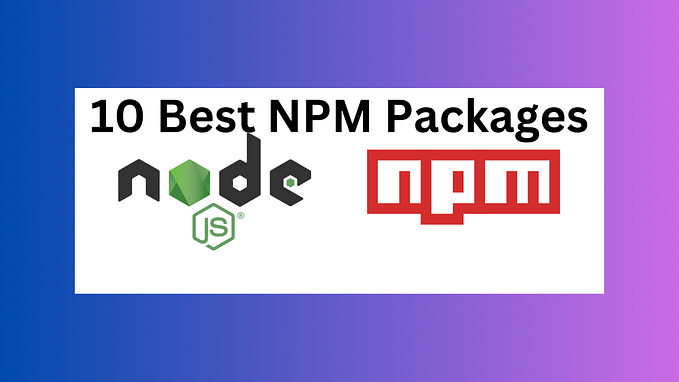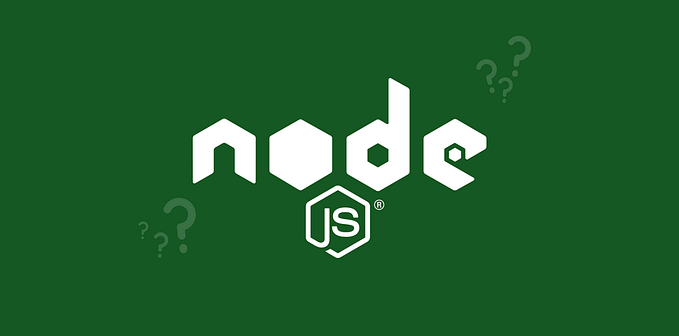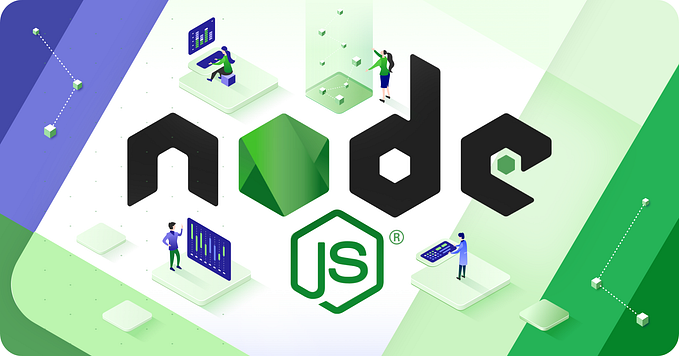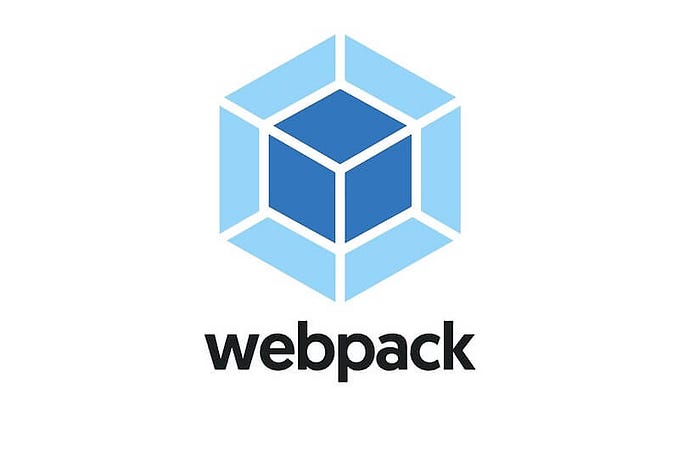You're reading for free via habtesoft's Friend Link. Become a member to access the best of Medium.
Member-only story

Node.js has several built-in security mechanisms and features designed to help developers secure their applications. While Node.js itself provides the tools to build secure systems, it’s important for developers to understand how to use these tools effectively and to follow security best practices.
Here are some of the key security mechanisms and best practices associated with Node.js:
1. Built-in Security Features in Node.js:
a) HTTPS Module
- Node.js provides an
httpsmodule that allows developers to create secure HTTP servers with SSL/TLS encryption. - By using
https, sensitive data (like passwords or credit card numbers) can be encrypted during transit, which helps prevent man-in-the-middle attacks.
const https = require('https');
const fs = require('fs');
const options = {
key: fs.readFileSync('private-key.pem'),
cert: fs.readFileSync('certificate.pem')
};
https.createServer(options, (req, res) => {
res.writeHead(200);
res.end('Hello, secure world!');
}).listen(443);b) Security Headers
You can set HTTP security headers in Node.js to enhance security. For example, the helmet package helps you set security-related HTTP headers, including:
Strict-Transport-SecurityContent-Security-PolicyX-Content-Type-OptionsX-Frame-OptionsX-XSS-Protection
Install and use Helmet:
npm install helmetconst express = require('express');
const helmet = require('helmet');
const app = express();
app.use(helmet());c) Error Handling and Stack Tracing
- Node.js does not expose sensitive information, like stack traces, to the client by default. Developers need to handle errors appropriately.
- Never expose full error stack traces or sensitive information in production environments.
Example of a generic error handler in Express:
app.use((err, req, res, next) => {
console.error(err.stack);
res.status(500).send('Something went wrong!');
});d) Buffer Overflow Protection
- In the past, there have been some concerns about buffer overflow vulnerabilities in Node.js. However, Node.js protects against buffer overflows through the
Bufferclass, ensuring that it does not allocate memory that could overflow into other areas of memory. - However, developers should avoid untrusted input when creating buffers. Always validate and sanitize inputs to prevent abuse.
Example:
const buffer = Buffer.alloc(10); // Creates a buffer of size 102. Security Best Practices for Node.js:
a) Input Validation and Sanitization
- Always validate and sanitize user input, as malicious users may try to inject harmful data into your application. This is particularly important for protecting against SQL injection and cross-site scripting (XSS).
- Use libraries such as
express-validatorfor input validation, andDOMPurifyfor sanitizing HTML content.
Example of using express-validator:
npm install express-validatorconst { body, validationResult } = require('express-validator');
app.post('/submit', [
body('email').isEmail(),
body('username').isAlphanumeric().isLength({ min: 3 })
], (req, res) => {
const errors = validationResult(req);
if (!errors.isEmpty()) {
return res.status(400).json({ errors: errors.array() });
}
res.send('Data is valid');
});b) Use of Environment Variables
- Storing sensitive information like API keys, passwords, and database credentials in the code is a bad practice. Instead, use environment variables.
- Use the
dotenvpackage to manage environment variables easily.
npm install dotenvrequire('dotenv').config();
console.log(process.env.MY_SECRET_KEY); // access your secret from environmentc) Authentication and Authorization
- Authentication: Implement authentication to ensure that only authorized users can access your application or specific parts of it. Use JSON Web Tokens (JWT), OAuth, or Passport.js for user authentication.
- Authorization: Control access to specific routes or data based on the user’s roles or permissions.
Example using Passport.js for local authentication:
npm install passport passport-localconst passport = require('passport');
const LocalStrategy = require('passport-local').Strategy;
passport.use(new LocalStrategy(
function(username, password, done) {
// Authenticate user logic here
}
));d) Avoid Using eval() and Function()
- Avoid
eval(): Theeval()function executes JavaScript code passed to it as a string. Usingeval()can introduce significant security risks (code injection vulnerabilities). - Avoid using
eval()like this:
eval("console.log('Hacked')");e) Secure File Uploads
File uploads can be a target for malicious attacks. Ensure that you:
- Limit the size of file uploads.
- Check the file type to allow only safe file formats.
- Store files securely, preferably in a cloud storage solution like AWS S3.
Example using multer to handle file uploads:
npm install multerconst multer = require('multer');
const storage = multer.diskStorage({
destination: (req, file, cb) => {
cb(null, './uploads/');
},
filename: (req, file, cb) => {
cb(null, Date.now() + file.originalname);
}
});
const upload = multer({ storage: storage });
app.post('/upload', upload.single('file'), (req, res) => {
res.send('File uploaded');
});f) Use HTTPS and TLS
- Always use HTTPS in production. Set up a TLS/SSL certificate for your application to encrypt traffic and prevent man-in-the-middle (MITM) attacks.
- You can use services like Let’s Encrypt for free SSL certificates.
g) Regular Updates
- Regularly update Node.js and any dependencies in your application to ensure that known security vulnerabilities are patched.
- Use
npm auditto check for known vulnerabilities in your dependencies.
npm audith) Rate Limiting and Protection
- Implement rate limiting to prevent brute-force attacks or Denial of Service (DoS) attacks.
- Use packages like
express-rate-limitto limit the number of requests to your API.
Example of rate-limiting with Express:
npm install express-rate-limitconst rateLimit = require('express-rate-limit');
const limiter = rateLimit({
windowMs: 15 * 60 * 1000, // 15 minutes
max: 100 // Limit each IP to 100 requests per window
});
app.use(limiter);3. Node.js Security Tools:
- Helmet: Helps set secure HTTP headers.
- Passport.js: A comprehensive authentication middleware.
- Rate Limiters: Protect your application from DoS attacks.
- CORS (Cross-Origin Resource Sharing): Use the
corsmodule to restrict which domains can access your resources.
Example with CORS:
npm install corsconst cors = require('cors');
app.use(cors());Node.js provides several built-in tools and practices to help ensure that your applications are secure. By following best practices such as using HTTPS, validating input, implementing proper authentication, and regularly updating dependencies, you can greatly enhance the security of your Node.js applications. Always stay informed about emerging security threats and apply appropriate patches or updates when necessary.








